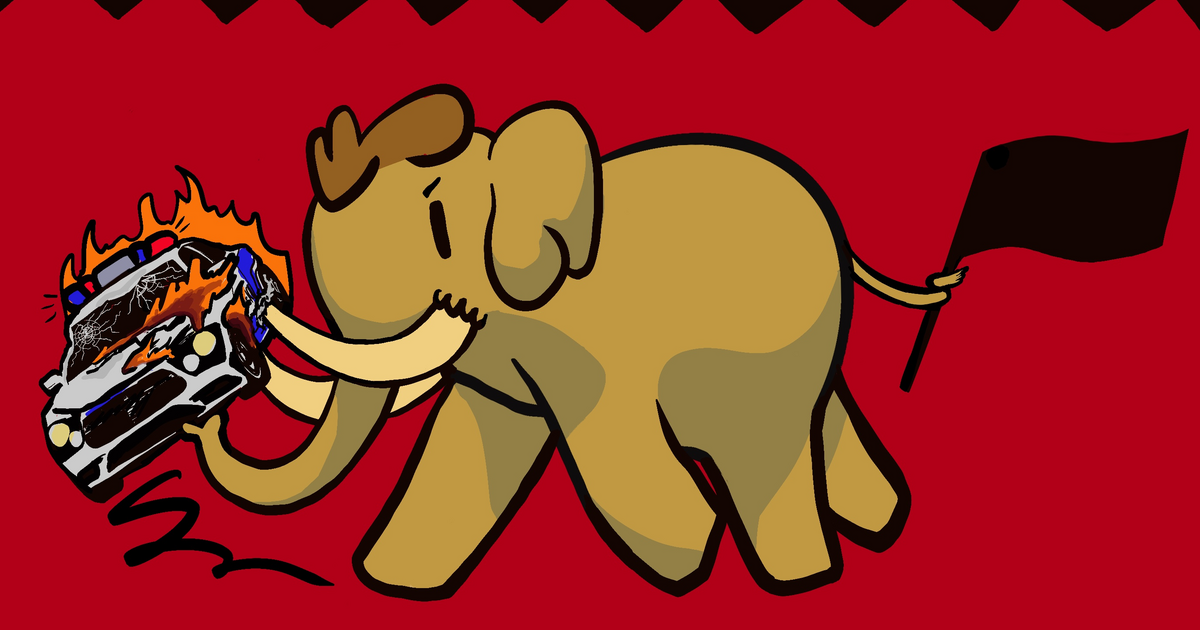Jacob Something<p><a href="https://fediscience.org/tags/Research" class="mention hashtag" rel="nofollow noopener noreferrer" target="_blank">#<span>Research</span></a> <a href="https://fediscience.org/tags/PrivateProperty" class="mention hashtag" rel="nofollow noopener noreferrer" target="_blank">#<span>PrivateProperty</span></a> <a href="https://fediscience.org/tags/Tupperware" class="mention hashtag" rel="nofollow noopener noreferrer" target="_blank">#<span>Tupperware</span></a> <a href="https://fediscience.org/tags/UsbCables" class="mention hashtag" rel="nofollow noopener noreferrer" target="_blank">#<span>UsbCables</span></a></p><p>Early research from the J. Locke lab in the 17th century established that things that are a certain person's property stay that way until bought, thrown away, given away, or sold.</p><p>In the 1990s scientists discovered that Tupperware shows a surprising behaviour: When your friend leaves it at your place, it becomes your property.</p><p>Recently, several groundbreaking experiments conducted by European researchers showed that USB cables exhibit the same bewildering behaviour.</p><p>Even more astonishingly, researchers found it suffices that you inadvertently place a cable into your bag or pocket for that cable to turn into your property.</p>
Recent searches
No recent searches
Search options
Not available on kolektiva.social.
kolektiva.social is one of the many independent Mastodon servers you can use to participate in the fediverse.

Kolektiva is an anti-colonial anarchist collective that offers federated social media to anarchist collectives and individuals in the fediverse. For the social movements and liberation!
Administered by:
Server stats:
3.7Kactive users
kolektiva.social: About · Profiles directory · Privacy policy
Mastodon: About · Get the app · Keyboard shortcuts · View source code · v4.3.6
#tupperware
1 post · 1 participant · 0 posts today
VetGaming<p>Tupperware Party from the 80s - <a href="https://mastodon.social/tags/tupperware" class="mention hashtag" rel="nofollow noopener noreferrer" target="_blank">#<span>tupperware</span></a> <a href="https://mastodon.social/tags/video" class="mention hashtag" rel="nofollow noopener noreferrer" target="_blank">#<span>video</span></a> <a href="https://mastodon.social/tags/party" class="mention hashtag" rel="nofollow noopener noreferrer" target="_blank">#<span>party</span></a> <a href="https://mastodon.social/tags/1980s" class="mention hashtag" rel="nofollow noopener noreferrer" target="_blank">#<span>1980s</span></a> <a href="https://mastodon.social/tags/80s" class="mention hashtag" rel="nofollow noopener noreferrer" target="_blank">#<span>80s</span></a> <a href="https://mastodon.social/tags/commercial" class="mention hashtag" rel="nofollow noopener noreferrer" target="_blank">#<span>commercial</span></a> <a href="https://mastodon.social/tags/nostalgia" class="mention hashtag" rel="nofollow noopener noreferrer" target="_blank">#<span>nostalgia</span></a></p>
Thorsten Rochelmeyer<p><a href="https://climatejustice.social/tags/Tupperware" class="mention hashtag" rel="nofollow noopener noreferrer" target="_blank">#<span>Tupperware</span></a> ist wie Schnee am Steilhang - Du kannst nicht genau sagen, wann es ins Rutschen gerät, nur dass es das tun wird!</p><p>🙄</p>
marado<p>Para a <a href="https://ciberlandia.pt/tags/musiquinta" class="mention hashtag" rel="nofollow noopener noreferrer" target="_blank">#<span>musiquinta</span></a> de <a href="https://ciberlandia.pt/tags/carnaval" class="mention hashtag" rel="nofollow noopener noreferrer" target="_blank">#<span>carnaval</span></a> uma foto mas sem link, que não encontro estas músicas online.</p><p>"Gande Carnaval de Verão 1974" é um disco de Carnaval em que as letras foram alteradas para promover a <a href="https://ciberlandia.pt/tags/Tupperware" class="mention hashtag" rel="nofollow noopener noreferrer" target="_blank">#<span>Tupperware</span></a> :-P</p>
ExploreLive feeds
Mastodon is the best way to keep up with what's happening.
Follow anyone across the fediverse and see it all in chronological order. No algorithms, ads, or clickbait in sight.
Create accountLoginDrag & drop to upload

